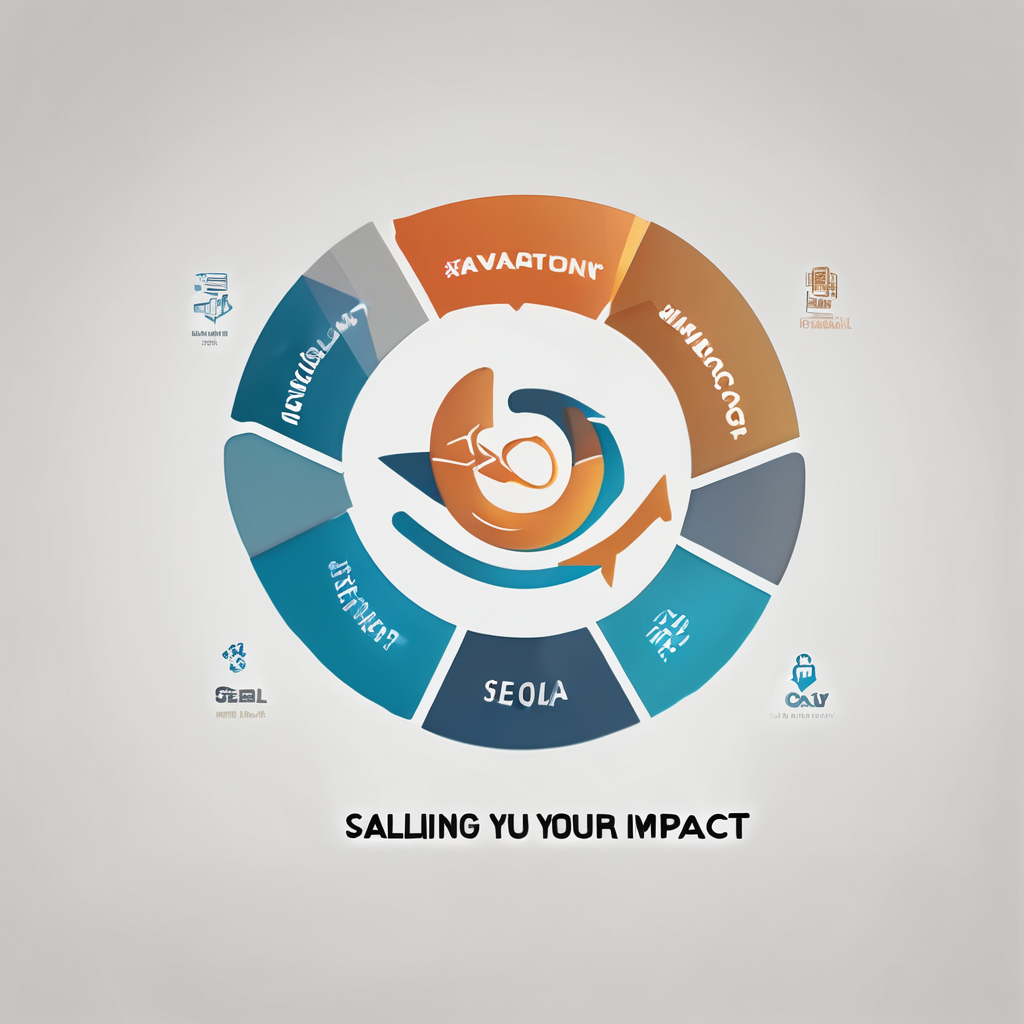In an era where climate change and sustainability are at the forefront of global issues, there has never been a more critical time for businesses to adopt green initiatives. For small businesses in the UK, this transition can be financially challenging. However, various government grants and subsidies are available to support these efforts. In this article, we will explore how your small business can benefit from these schemes, the kinds of projects that qualify, and the steps you need to take to access this financial support.
The Importance of Green Business Practices
As climate change continues to impact our environment, businesses of all sizes are being urged to adopt more sustainable practices. For small businesses, this can mean a shift towards energy efficiency, renewable energy, and other low carbon solutions. The UK government recognizes that this transition can be costly, which is why they offer a range of grants and subsidies to help businesses cover the costs.
This might interest you : What Strategies Can UK Luxury Hospitality Brands Use to Enhance Eco-friendly Initiatives?
Adopting green practices can provide several benefits beyond environmental impact. These include cost savings from reduced energy usage, improved public image, and compliance with increasingly stringent environmental regulations. Furthermore, businesses that invest in green projects often find that they can create jobs and stimulate local economies, contributing to long-term sustainability.
Types of Government Grants Available
The UK government offers a variety of funding schemes specifically designed to help small businesses adopt sustainable practices. These funds can cover everything from energy efficiency upgrades to the installation of renewable energy systems. Understanding the different types of grants available can help your business choose the most appropriate support for your specific needs.
Also read : How Can UK Non-profits Use Crowdsourcing to Fundraise for Community Projects?
Energy Efficiency Grants
Energy efficiency grants are designed to help businesses reduce their energy consumption and lower their carbon emissions. These grants can be used for a variety of projects, such as upgrading lighting systems, installing energy-efficient HVAC systems, or improving insulation. By reducing energy costs, these projects not only benefit the environment but also improve your bottom line.
Renewable Energy Grants
Renewable energy grants provide financial support for businesses looking to generate their own energy from renewable sources such as solar, wind, or biomass. These grants can cover the costs of purchasing and installing renewable energy systems, as well as ongoing maintenance. By producing your own energy, your business can become more self-sufficient and reduce its reliance on traditional energy sources.
Low Carbon Innovation Grants
For businesses involved in developing new low carbon technologies or services, innovation grants can provide essential funding. These grants are aimed at supporting research and development efforts that can lead to new and improved green technologies. By investing in innovation, your business can stay ahead of the curve and contribute to the broader goal of reducing carbon emissions.
Eligibility Criteria for Government Grants
To be considered for government grants, your business must meet certain eligibility criteria. These criteria can vary depending on the specific grant or subsidy, but there are some common requirements that most programs share. Understanding these requirements can help you determine whether your business qualifies for financial support.
Small Business Definition
Most grant programs are specifically designed for small businesses. In the UK, a small business is typically defined as one with fewer than 50 employees and an annual turnover of less than £10 million. If your business falls within this definition, you are likely to be eligible for a range of government grants and subsidies.
Environmental Impact
To qualify for many green initiatives grants, your business must demonstrate a commitment to reducing its environmental impact. This typically involves providing a detailed project plan that outlines how the grant will be used to achieve specific green goals, such as reducing energy consumption or lowering carbon emissions. By clearly articulating the environmental benefits of your project, you can increase your chances of receiving funding.
Financial Need
In addition to demonstrating an environmental impact, many grant programs also require businesses to show a genuine need for financial support. This may involve providing financial statements and other documentation that demonstrates the cost of the proposed project and your business’s ability to fund it without assistance. By clearly demonstrating your financial need, you can make a stronger case for receiving a grant.
How to Apply for Government Grants
Applying for government grants can be a complex and time-consuming process, but it is essential to approach it with careful planning and attention to detail. By following these steps, you can increase your chances of securing the funding you need to support your green initiatives.
Research Available Grants
The first step in the application process is to research the various grant programs available to your business. This involves identifying the grants that are most relevant to your specific needs and ensuring that you meet the eligibility criteria. There are several online resources and government websites that provide detailed information about available grants and how to apply for them.
Develop a Detailed Project Plan
Once you have identified the grants you want to apply for, the next step is to develop a detailed project plan. This plan should outline the specific goals of your project, the steps you will take to achieve these goals, and the expected environmental and financial benefits. A well-developed project plan can demonstrate your business’s commitment to sustainability and increase your chances of receiving funding.
Prepare Supporting Documentation
In addition to a project plan, you will also need to provide supporting documentation as part of your application. This may include financial statements, business plans, and other relevant documents that demonstrate your business’s need for funding and ability to complete the proposed project. By providing comprehensive and accurate documentation, you can make a stronger case for receiving a grant.
Submit Your Application
Finally, once you have completed your project plan and gathered all necessary documentation, you can submit your application. It is important to carefully follow the application instructions and ensure that all required information is included. Incomplete or incorrect applications can result in delays or rejections, so it is essential to approach this step with care.
The Long-Term Benefits of Green Initiatives
By securing government grants and subsidies for green initiatives, your business can enjoy a range of long-term benefits. These benefits go beyond the immediate financial support and can contribute to the overall success and sustainability of your business.
Cost Savings
One of the most significant benefits of adopting green practices is the potential for cost savings. By reducing your energy consumption and investing in renewable energy systems, you can lower your operating costs and improve your bottom line. These savings can be reinvested in your business, contributing to long-term growth and success.
Improved Public Image
As consumers become more environmentally conscious, businesses that demonstrate a commitment to sustainability can enjoy an improved public image. By adopting green practices and securing government grants for your projects, you can enhance your reputation and attract environmentally-conscious customers. This can lead to increased sales and a stronger market position.
Regulatory Compliance
Environmental regulations are becoming increasingly stringent, and businesses that fail to comply may face fines and other penalties. By investing in green initiatives and securing government grants, you can ensure that your business remains compliant with current and future regulations. This can help you avoid costly penalties and protect your business’s long-term viability.
Job Creation
Investing in green initiatives can also create jobs and stimulate economic growth. By undertaking green projects, your business can create new positions and contribute to the local economy. This can lead to increased economic stability and a stronger community.
In summary, UK small businesses have much to gain from government grants and subsidies aimed at supporting green initiatives. By understanding the types of grants available, meeting eligibility criteria, and carefully planning your project and application, your business can secure the financial support needed to adopt sustainable practices. The long-term benefits of these initiatives, including cost savings, improved public image, regulatory compliance, and job creation, can contribute to the overall success and sustainability of your business. By taking advantage of the available funding opportunities, you can not only help your business thrive but also contribute to the broader goal of combating climate change and protecting our environment.






